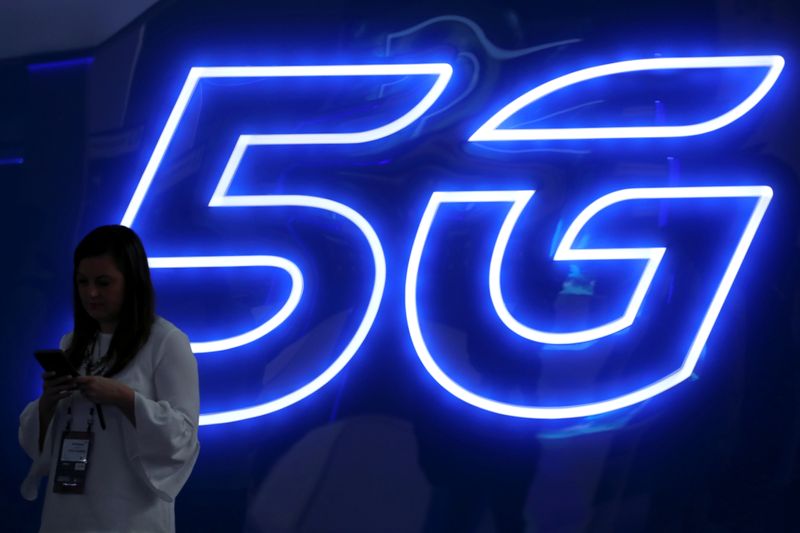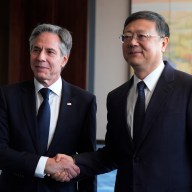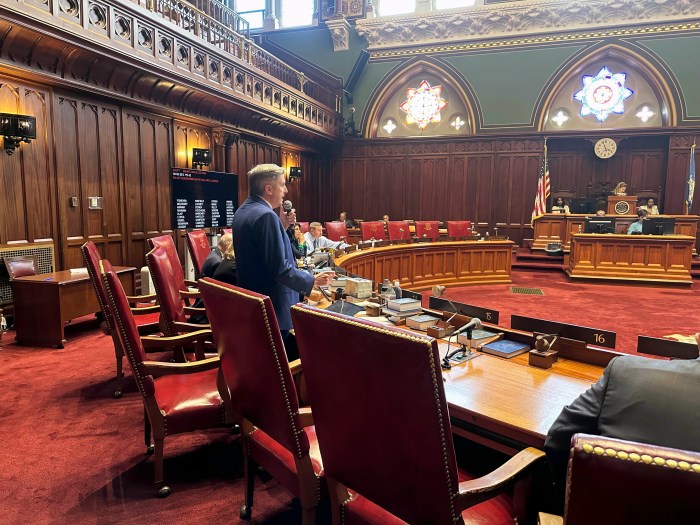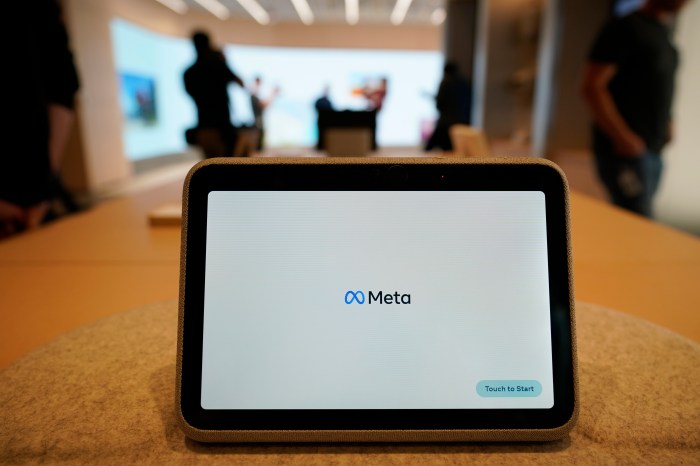(Reuters) – Marvell Technology Group Ltd on Tuesday rolled out a set of semiconductors aimed at a new wave of 5G networking gear designed to let telecommunications carriers mix and match equipment more easily.
In the past, mobile network equipment from makers such as Nokia, Ericsson and Huawei Technologies Co Ltd was largely proprietary, made up of custom chips and software and difficult to intermix.
But U.S. government restrictions that have crippled Huawei’s ability to source chips have sped the adoption of so-called open radio-access network technology, where any vendor can assemble industry-standard chips and software to create inter-operable 5G networking gear.
Japan’s Rakuten Inc and U.S.-based DISH Network Corp are both rolling out networks based on such gear, and chipmakers such as Qualcomm Inc and Intel Corp have announced chips for the segment, although Qualcomm’s offerings remain years away.
Marvell, for its part, has long been a supplier of chips for traditional networking gear makers such as Nokia and Samsung Electronics Co Ltd.
On Tuesday, the company released a series of chips designed for the newer style of open networks. In an interview, Raj Singh, executive vice president of Marvell’s processor business group, said those players are beginning to use the new technology.
“We’re getting support from our existing customers, as well as the new upstarts,” Singh said.
Even though Marvell is a chip company, it has also developed software and even metalwork designs to provide a blueprint to make functional networking gear. John Schimpf, senior director of Marvell’s wireless group, said the goal was to give potential new entrants to the market “a starting point that is viable.”
(Reporting by Stephen Nellis in San Francisco; editing by Richard Pullin)



















